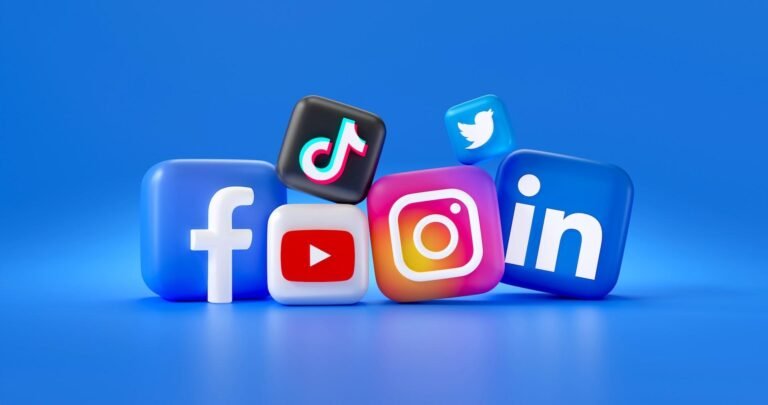How Social Media has Impacted the way we Market our Business

It’s very hard to believe that if we go 15 years back, social media, its name didn’t even exist. But today it has become a huge part of almost everyone’s daily life; it feels like it has been around forever. For some of the consumers, like Gen Z, it pretty much has.
But, there was a time before the existence of SM, which most people might say was the easiest time to market businesses and brands ourselves. Fewer channels for advertising, less hustle, a more focused audience, and people watch commercials. This all sounds quite nice.
However, now social media is part of this mixed-up culture, and it’s also something that businesses and brands have to consider.
So, how exactly does Social media impact marketing? Let’s explore it.
1. Social Media helps consumers to see a direct line to the business
Before the rise of social media, businesses and brands didn’t have to worry much about public reactions to their marketing. If consumers liked a campaign and found it effective, they might become customers. If they didn’t, their dissatisfaction rarely reached the company—unless they took the time to write a complaint letter or send an email.
Take the example of the recent Gillette commercial. Even if you didn’t watch it, you likely heard about it through the news or saw it trending on SM. It sparked online polls, heated discussions, and divided opinions. Had that ad been released in the pre-social media era, you might have heard a few opinions around the office or from friends, but the conversation would have faded quickly. Social media, however, amplifies everything, turning marketing campaigns and even minor business missteps into long-lasting conversations.
As a result, marketing is no longer just about achieving business goals. It’s also about managing public perception. The question shifts from “Will this campaign meet our objectives?” to “Could this message backfire and harm our brand image?” This new layer requires marketers to be more thoughtful and strategic when crafting messages.
2. Social Media gives businesses a direct line to the consumers
As consumers can reach out to businesses directly via social media, businesses can also reach out and engage with consumers in the exact same way. This technique allows you to create a community for your business, one that taps into the mind og the consumer and builds customer loyalty with social media fans and followers.
The direct engagement with consumers shifts the way they think about different businesses and brands, which can be a positive thing for your business. You can also simply connect with any consumer on a more personal level by connecting with them, sharing all the knowledge and a glimpse of your business and providing them with useful information which they care about.
3. Social Media provides businesses with more channels for marketing
SM has given businesses many new ways to market themselves. Platforms like Facebook, Instagram, Twitter (x), and LinkedIn offer a variety of spaces where your business can be seen by more people. You can choose to post content for free (organic marketing), run paid ads, or do a mix of both.
Being active on different platforms helps increase your brand’s visibility, grow your audience, and connect with more potential customers. All of this can lead to better sales and business growth. Not sure which platform is right for you? Take some time to explore and see what fits your goals best.
Digital media (SM) has changed how we live and how we do business. Naturally, it’s also changed how we market.
Devonic Web
If you’re unsure how to keep up with these changes, Devonicweb can guide you. We make marketing easier so you can focus on growing your business. Reach out to learn more!
